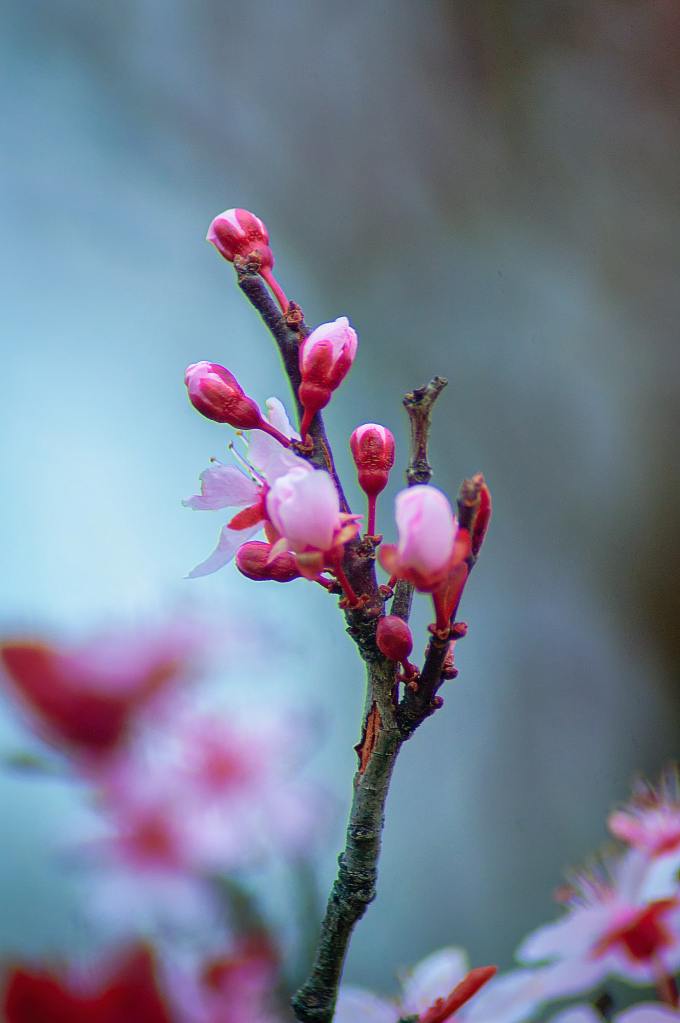In his classic book Orthodoxy, G. K. Chesterton wrote: “Nature is not our mother; Nature is our sister.”[1] Psalm 19 has an amazing contemplation of the relationships between, God, nature, and us. Verses 1-6 show that the heavens, in their orderly patterns, “declare the glory of God,” in a language that anyone in any time and place can understand. In verse 5, the sun “comes out like a bridegroom leaving his chamber, and, like a strong man, runs its course with joy.” In other words, nature obeys God’s will for it with eager expectation and joy, not reluctant obedience or dutiful drudgery, and God has endowed nature with all the strength needed for its tasks.
Then follows the Psalm’s middle section, verses 7-11, which declare that God has declared His will for human relationships as well, in His law:
“The law of the LORD is perfect,
reviving the soul;
the testimony of the LORD is sure,
making wise the simple;
the precepts of the LORD are right,
rejoicing the heart;
the commandment of the LORD is pure,
enlightening the eyes;
the fear of the LORD is clean,
enduring forever;
the rules of the LORD are true,
and righteous altogether.
More to be desired are they than gold,
even much fine gold;
sweeter also than honey
and drippings of the honeycomb.
Moreover, by them is your servant warned;
in keeping them there is great reward.”[2]

Just as the heavens declare the glory of God by obeying His will with absolute regularity, His law shows His people how to declare His glory as well. Verse 7 says “The law of the LORD is perfect, reviving the soul.” As the sun metaphorically gets joy from its God-given task in verse 5, following God’s law is its own reward, to be desired even more than “much fine gold.” As nature has all it needs for its tasks, God’s word has all we need for strength, wisdom, joy, enlightenment, and righteousness. What an endowment of riches!
More on nature’s example for us comes later, in Matthew’s gospel, where Jesus uses the regularity of nature as an example of how people should love one another, and especially their enemies: “For [God] makes his sun rise on the evil and on the good, and sends rain on the just and on the unjust.” This verse suggests that Nature is better than man at self-sacrificing (agape) love and faithfulness to God’s will, but also provides an example of how to love, “so that you may be sons of your Father who is in heaven.”[3] As rain is for all; so love is for all.
Therefore, on this Earth Day, celebrate the earth God has endowed us with, but also remember: “Nature is not our mother; Nature is our sister.” As God’s people are His sons, nature is also His beloved creation, perhaps His daughter. Our constant, eternal, loving God cares about the needs of both.
“Let the words of my mouth and the meditation of my heart
be acceptable in your sight,
O LORD, my rock and my redeemer.”[4]
[1] Chesterton, G.K. Orthodoxy (1908). P. 169.
[2] Psalm 19:7-11
[3] Matthew 5:45
[4] Psalm 19:14






